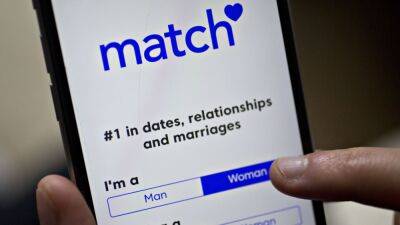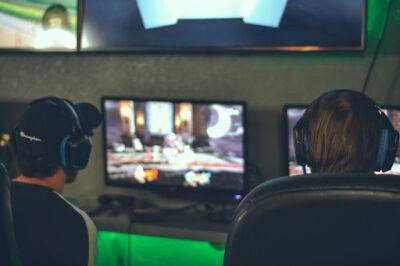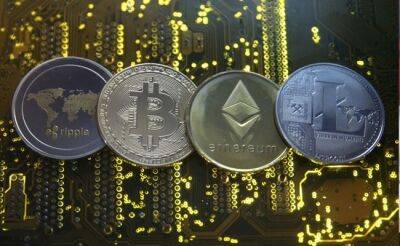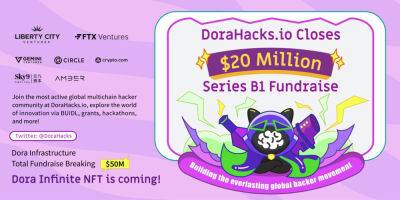Why decentralized messaging apps will replace today’s social media platforms
The Russian government has cracked down on foreign social media platforms such as Instagram, Facebook and Twitter, banning them for extremist activists. For protestors, activists and local civilians, these actions have resulted in a significant barrier to communication with the outside world. Furthermore, they have also raised the question of just how easy of a target these apps are for state authorities. With citizens unable to access these platforms, they have little choice but to flee to the next-best still active platforms.
However, it isn't just Russian activists who have taken to alternatives. Consider, for example, Telegram, a cloud-based instant messaging service that has quickly become a place for sharing war footage and other content that may have otherwise been blocked on platforms like Instagram or Twitter. Not to mention that even these platforms, which are available to citizens now, have no guarantee of being free from bans by authorities. In this event, users will have no choice but to turn to "homemade" alternatives developed locally.
The debate between freedom and control is not a new one, with current world conditions only being one example of when these dichotomies exist head to head. Previously, this debate was introduced with the internet's provision of digital freedom, being taken away with big tech using metadata for profit-making opportunities and concerns around governments using the same data to keep an eye on their citizens. The result is that privacy and freedom of speech will never be guaranteed under today’s Web 2 foundation.
The battle between freedom and control is still ongoing as the world sneaks out new methods to empower individual sovereignty. For this reason, movements will always have
Read more on cointelegraph.com


















